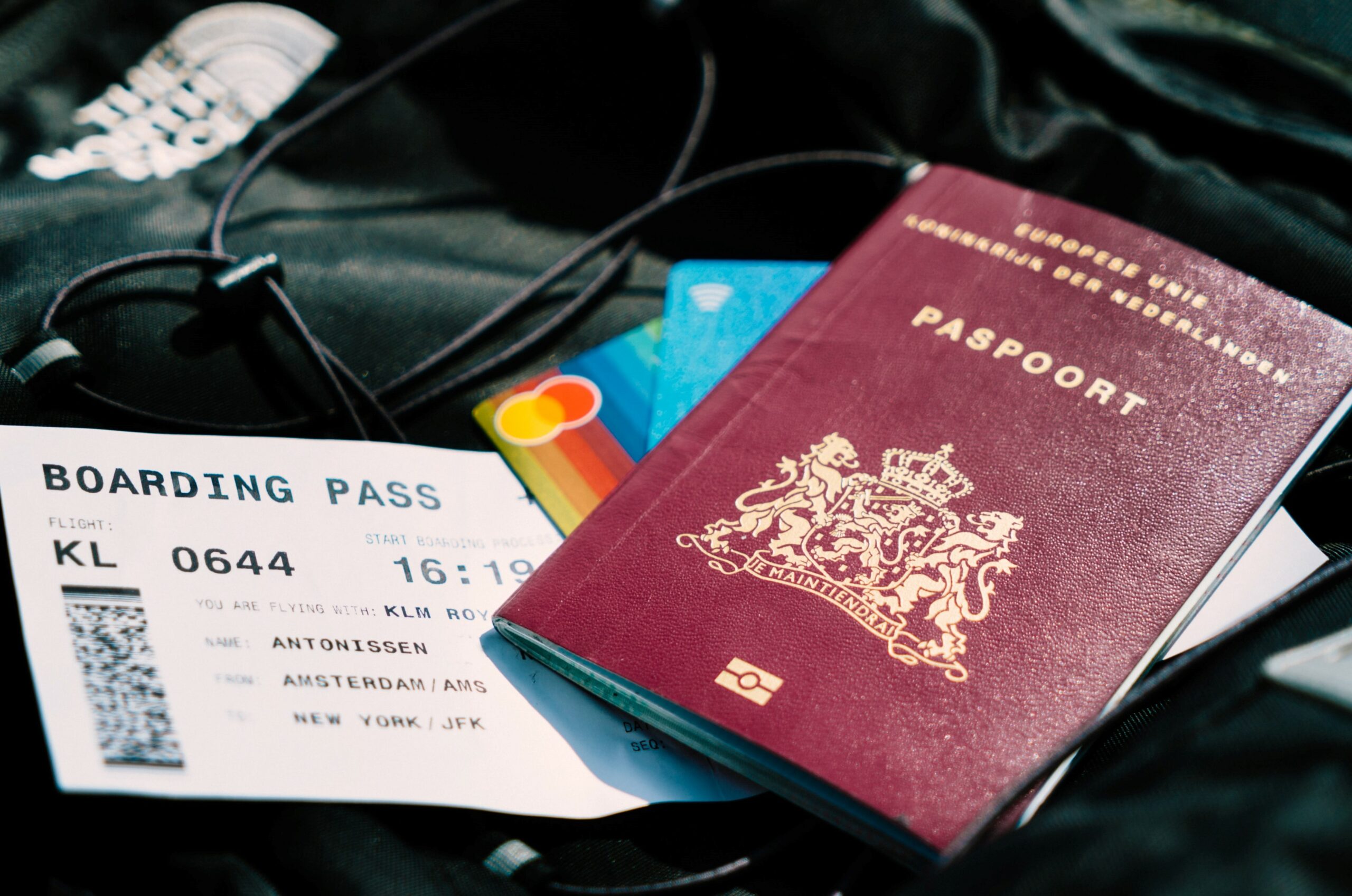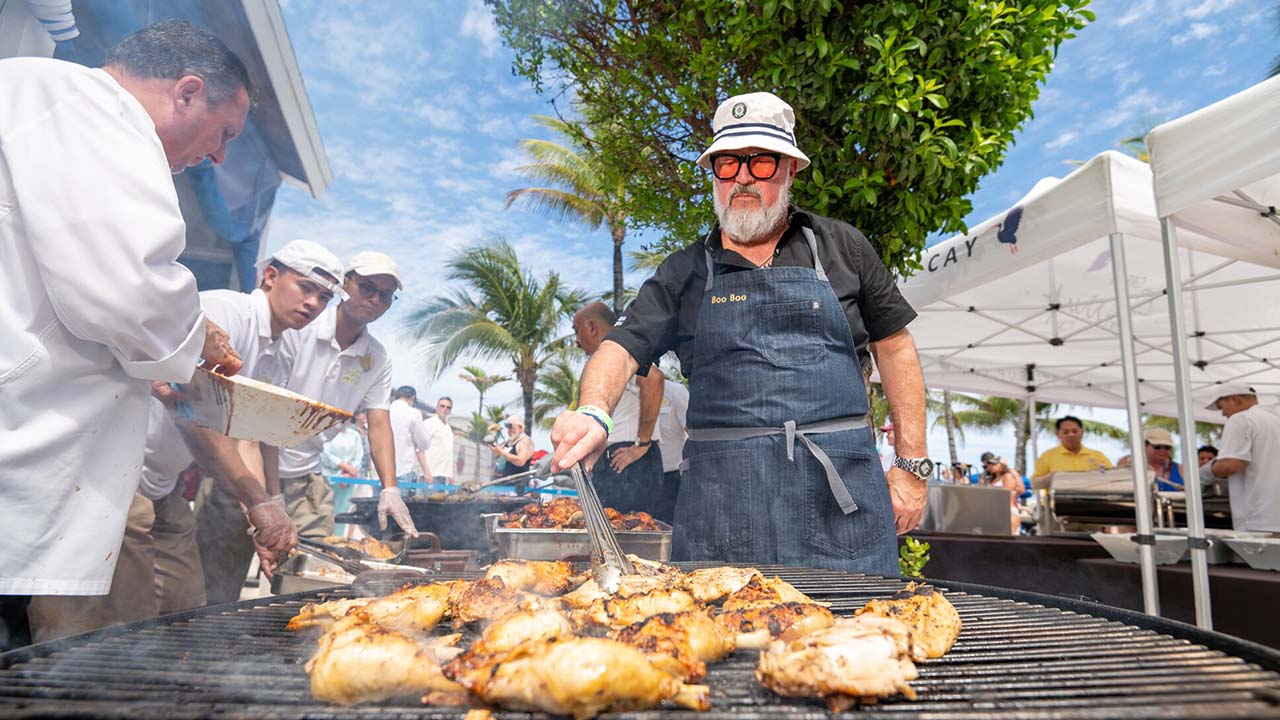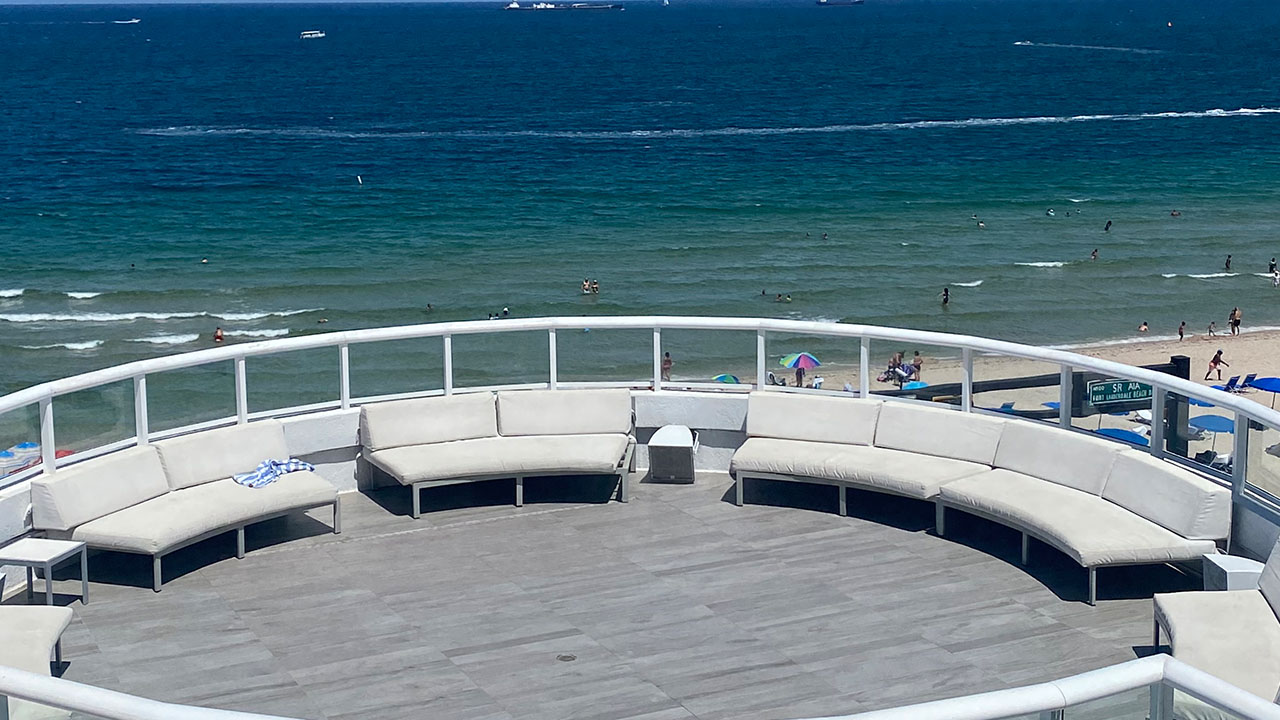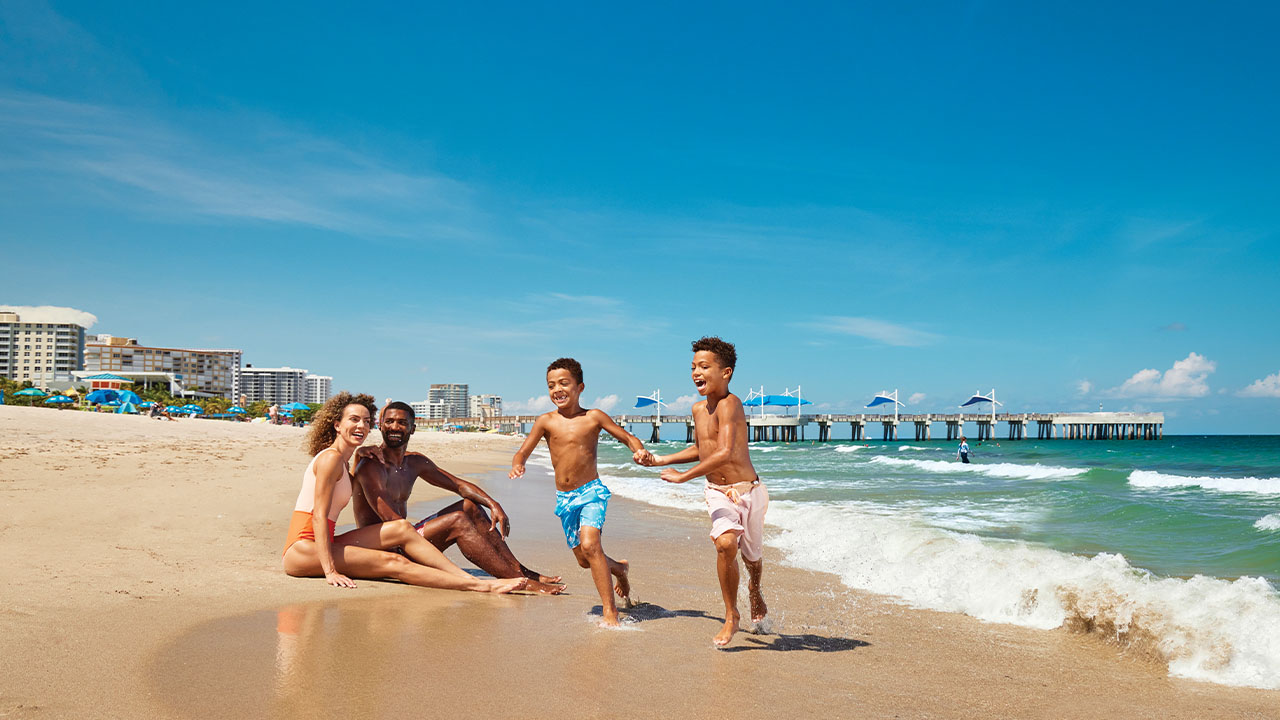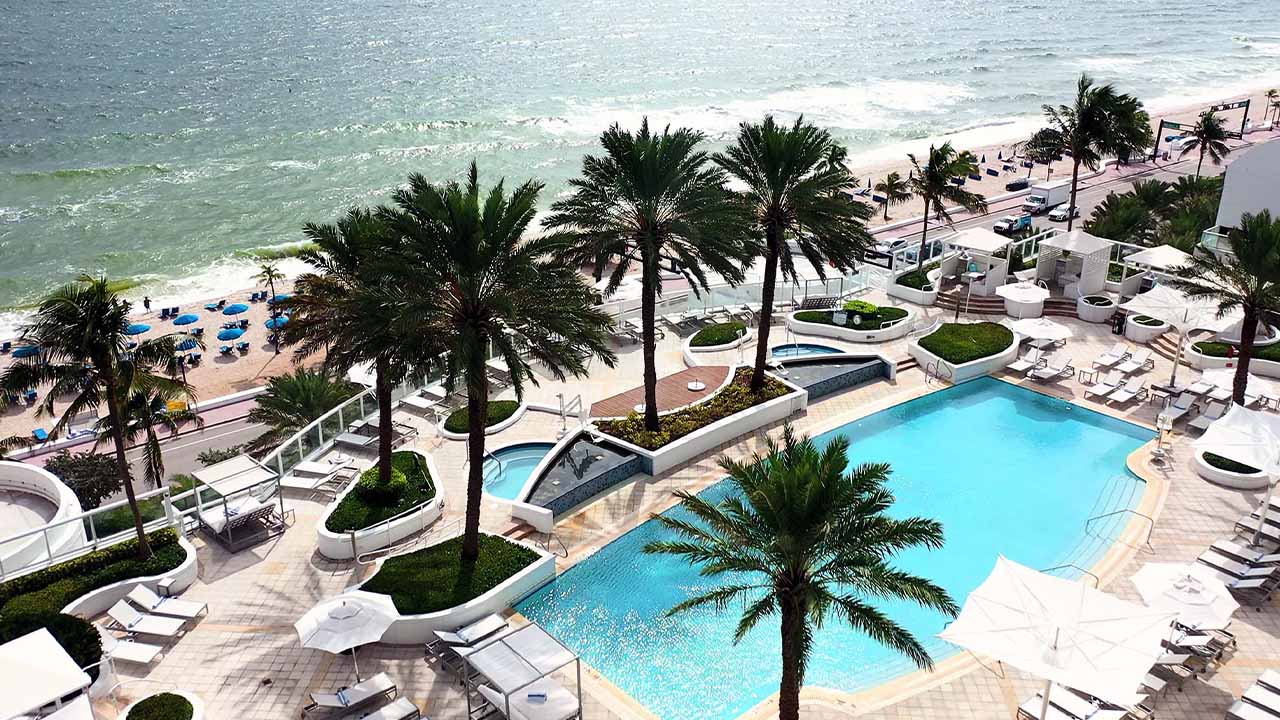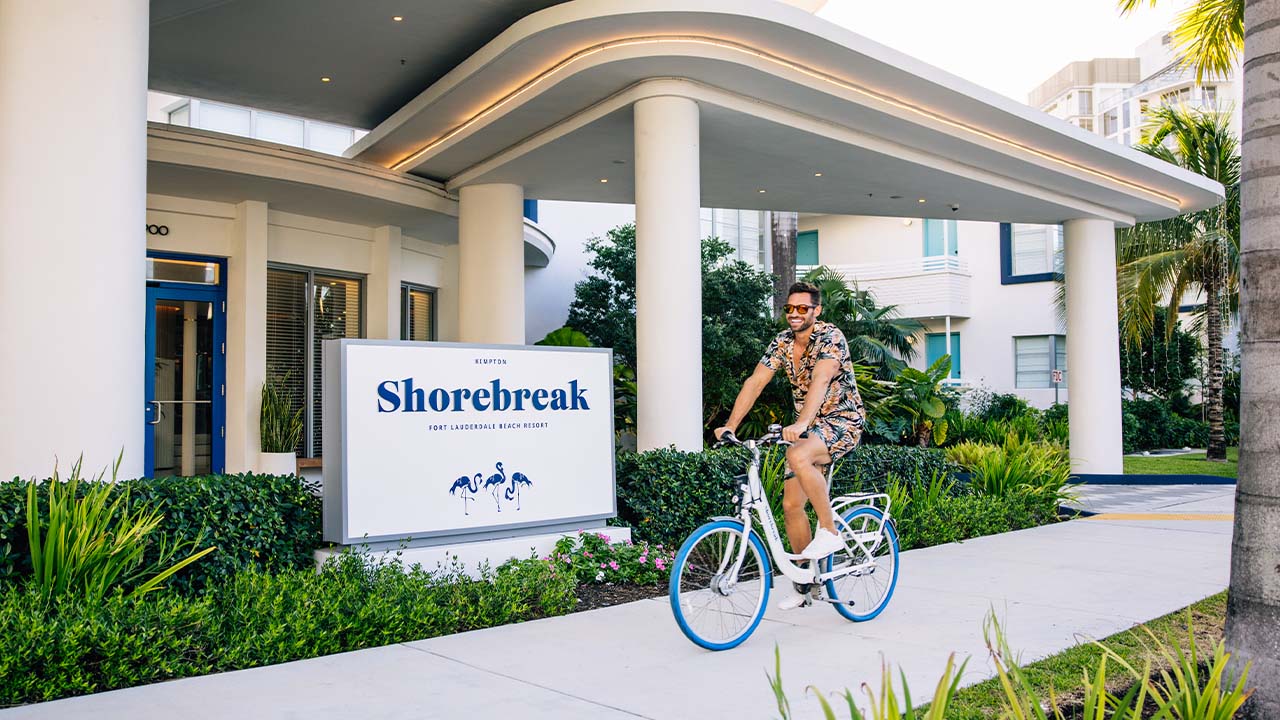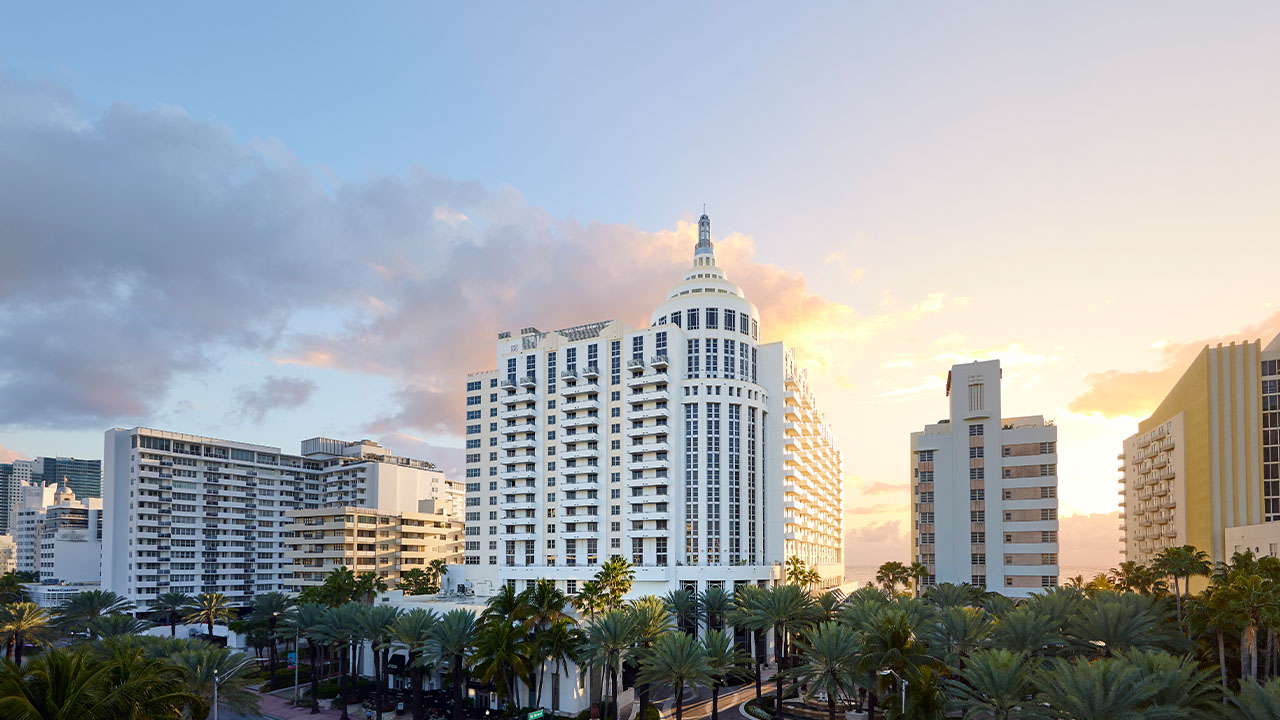Today, the floodgates open. Most foreign travelers, who had been prohibited from entering the United States since early 2020, are brandishing their vaccination cards, donning their masks, and filling planes for both business and leisure. Citizens of dozens of countries—including China, India, Brazil and most of Europe—are arriving in U.S. gateway cities, with Delta, United and Virgin Atlantic airlines reporting flights that are fairly full to sold out. Delta reported a 450% increase in bookings by travelers who live outside the U.S. in the weeks since the reopening was announced in September. Meanwhile, shared land borders with Mexico and Canada also reopen today. (Note that U.S. citizens are subject to similar requirements as foreign nationals when it comes to entering the country, namely proof of vaccination and proof of a negative COVID-19 test administered within three days of travel.)
Cities and states that depend heavily on global business travel and winter recreation are already seeing a major impact, and that means that South Florida just took a big step toward returning to a pre-pandemic normal—particularly the real estate, tourism and international law sectors. Greater Miami is a magnet for second home-buyers and residential real estate investors who have been sitting on their hands since the pandemic began. “The ease of traveling restrictions will naturally impact the vacation rental market in a positive way, especially in South Florida during the upcoming busy season,” says Kyle Morgan, an associate at the law firm of Brinkley Morgan in Fort Lauderdale. “My clients own and operate vacation rentals all across South Florida and are expecting a very busy season. Specifically in South Florida, now that cruises and yacht charters are back up and running, many of my clients rent their vacation rentals to cruise guests and crew members.” One of the lingering effects of the pandemic is that some travelers feel safer in apartments than navigating the foot traffic and facetime inherent in hotel stays. “The market dictates that crew members prefer staying in vacation rentals as opposed to hotel units,” Morgan says.
But Morgan cautions investors, whether foreign or domestic, to be cognizant of the rules governing vacation rental properties: “Many of my clients own these single-family homes or condo units as investment properties, and live somewhere outside of Florida, such as California, New York, New Jersey and Texas. Instead of entering into traditional yearlong leases, my clients feel there is a greater return on investment in the vacation rental market. Before entering into this market, however, I first advise my clients to be mindful of restrictive covenants that may disallow operating the property as a vacation rental, such as leases, condo board or co-op rules, HOA rules or rules established by tenant organizations.” Foreign travelers would be well-advised to pay special attention to restrictive covenants and vagaries of condo and co-op boards. In addition, Morgan advises his clients that the property must be properly licensed in order to operate as a vacation rental. “This includes licensing at the state, county and municipal level. Last,” he says, “I advise my clients to be aware of the tax consequences of operating a vacation rental, as vacation rentals in Florida are subject to sales tax and sometimes, county tourist development taxes.”
But for now, the energy is around the foreign investors that South Florida seems engineered for. “In my practice, I represent foreign and domestic buyers, sellers, developers, investors and lenders in real estate transactions,” says Miami-based Louis Archambault, a partner at the law firm of Saul Ewing Arnstein & Lehr. “I anticipate an uptick in foreign investors and buyers looking for opportunities in the United States from all areas of the world as they look toward a post-COVID marketplace.” The impact goes beyond residential real estate; the new border openings have caught the attention of commercial real estate investors who have been put off by the lack of in-person inspections. “Not being able to personally inspect commercial real estate opportunities when they arise has made it difficult for foreign investors to invest in real estate deals,” Archambault says.
Now they can: It’s suddenly 2019 again.
Claudio Mekler, the CEO of Miami Manager in Plantation, explains that “Miami Manager owns several community shopping centers in South Florida that we have acquired with Latin American capital over the last several years. Commercial real estate has become an important investment vehicle to protect and grow Latin American capital. The COVID-19 travel restrictions prevented many investors from coming to the US and analyzing and considering investment opportunities in person.” Mekler agrees that even in our wireless world, the dearth of face-to-face interactions took its toll: “That caused a slowdown in the equity capital raising process,” he says. “But with news that the restrictions were being lifted, I contacted a few investors who are looking at investing in shopping centers in South Florida and are ready to travel to Miami again.
Diane Nobile, another partner at Saul Ewing Arnstein & Lehr, reports increased activity and optimism from her clients. “As an international tax, real estate and corporate attorney, I work with foreigners on navigating the U.S. tax system,” she says. “Many of my clients are from Brazil or Latin America and have already booked their tickets to address COVID-delayed business travel, especially in the area of selling or buying United States property interests and exploring investor visa opportunities. With travel restrictions easing, clients are scheduling their travel to South Florida more often and looking at both investment and business expansion opportunities in the region.”
Entry Requirements for Foreign Travelers to the United States
- Proof of vaccination for COVID-19. Acceptable forms ofproof of vaccination include:
- Digital or paper verifiable record, such as a vaccination certificate or a digital pass with a QR code.
- Nonverifiable paper record, such as a printout of a COVID-19 vaccination record or COVID-19 vaccination certificate.
- Nonverifiable digital record, such as a digital photo of a vaccination card or record, downloaded vaccine record, downloaded vaccination certificate or a mobile phone application without a QR code.
- Proof of a negative COVID-19 test.
- Must be performed three days before takeoff.
- Either a PCR test or an antigen test is acceptable.
- Any other forms and information that your airline requires (to be used for possible contact tracing).



